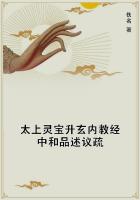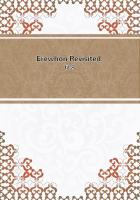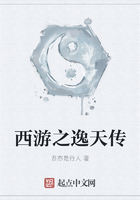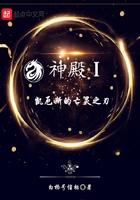I can remember how angry my father was when Katkof refused to print those chapters as they stood, and asked him either to leave out part of them or to soften them down, and finally returned the manuscript, and printed a short note in his paper to say that after the death of the heroine the novel was strictly speaking at an end; but that the author had added an epilogue of two printed sheets, in which he related such and such facts, and he would very likely "develop these chapters for the separate edition of his novel."
In concluding, I wish to say a few words about my father's own opinion of "Anna Karenina."
In 1875 he wrote to N. N. Strakhof:
"I must confess that I was delighted by the success of the last piece of 'Anna Karenina.' I had by no means expected it, and to tell you the truth, I am surprised that people are so pleased with such ordinary and EMPTY stuff."
The same year he wrote to Fet:
"It is two months since I have defiled my hands with ink or my heart with thoughts. But now I am setting to work again on my TEDIOUS, VULGAR 'ANNA KARENINA,' with only one wish, to clear it out of the way as soon as possible and give myself leisure for other occupations, but not schoolmastering, which I am fond of, but wish to give up; it takes up too much time."
In 1878, when the novel was nearing its end, he wrote again to Strakhof:
"I am frightened by the feeling that I am getting into my summer mood again. I LOATHE what I have written. The proof-sheets for the April number [of "Anna Karenina" in the "Russky Vyestnik"] now lie on my table, and I am afraid that I have not the heart to correct them.
EVERYTHING in them is BEASTLY, and the whole thing ought to be rewritten,--all that has been printed, too,--scrapped and melted down, thrown away, renounced. I ought to say, 'I am sorry; I will not do it any more,' and try to write something fresh instead of all this incoherent, neither-fish-nor-flesh-nor-fowlish stuff."
That was how my father felt toward his novel while he was writing it. Afterward I often heard him say much harsher things about it.
"What difficulty is there in writing about how an officer fell in love with a married woman?" he used to say. "There's no difficulty in it, and above all no good in it."
I am quite convinced that if my father could have done so, he long ago would have destroyed this novel, which he never liked and always wanted to disown.
(To be continued)
REMINISCENCES OF TOLSTOY BY HIS SON, COUNT ILYA TOLSTOY TRANSLATED BY GEORGE CALDERON
IN the summer, when both families were together at Yasnaya, our own and the Kuzminsky's, when both the house and the annex were full of the family and their guests, we used our letter-box.
It originated long before, when I was still small and had only just learned to write, and it continued with intervals till the middle of the eighties.
It hung on the landing at the top of the stairs beside the grandfather's clock; and every one dropped his compositions into it, the verses, articles, or stories that he had written on topical subjects in the course of the week.
On Sundays we would all collect at the round table in the zala, the box would be solemnly opened, and one of the grown-ups, often my father himself, would read the contents aloud.
All the papers were unsigned, and it was a point of honor not to peep at the handwriting; but, despite this, we almost always guessed the author, either by the style, by his self-consciousness, or else by the strained indifference of his expression.
When I was a boy, and for the first time wrote a set of French verses for the letter-box, I was so shy when they were read that I hid under the table, and sat there the whole evening until I was pulled out by force.
For a long time after, I wrote no more, and was always fonder of hearing other people's compositions read than my own.
All the events of our life at Yasnaya Polyana found their echo in one way or another in the letter-box, and no one was spared, not even the grown-ups.
All our secrets, all our love-affairs, all the incidents of our complicated life were revealed in the letter-box, and both household and visitors were good-humoredly made fun of.
Unfortunately, much of the correspondence has been lost, but bits of it have been preserved by some of us in copies or in memory. I cannot recall everything interesting that there was in it, but here are a few of the more interesting things from the period of the eighties.















